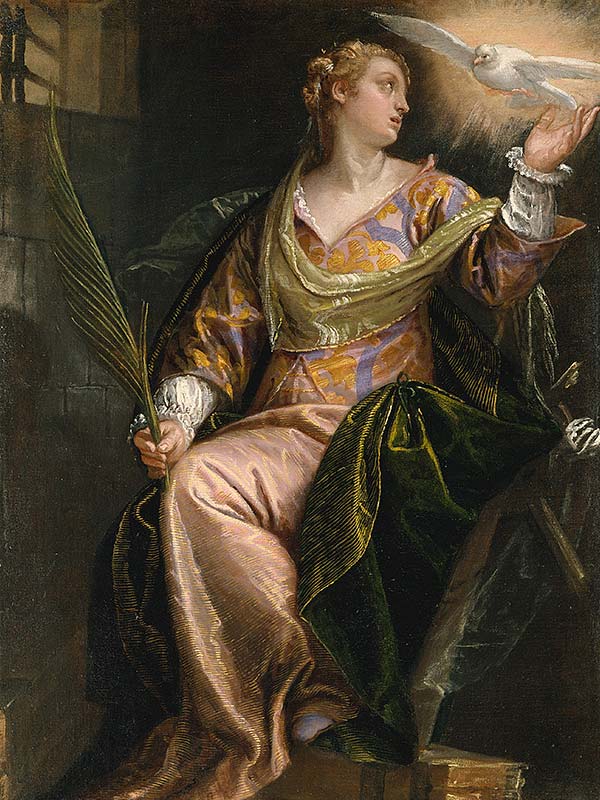Subtotal: $
Checkout-

Mercedes Sosa
-

Covering the Cover: Why We Make Music
-

Music and Morals
-

The Death and Life of Christian Hardcore
-

Vallenato Comes Home
-

Does Political Music Change Anything?
-

Adventures in Americanaland
-

Music, Memory, and Alzheimer’s
-

Why We Make Music
-

Doing Bach Badly
-

Dolly Parton Is Magnificent
-

Go Tell It on the Mountain
-

Reading the Comments
-

In the Aztec Flower Paradise
-

The Strange Love of a Strange God
-

Is Congregational Singing Dead?
-

In Search of Eternity
-

Violas in Sing Sing
-

Hosting a Hootenanny
-

How to Lullaby
-

How to Raise Musical Children
-

How to Make Music Accessible
-

Chanting Psalms in the Dark
-

The Fiery Spirit of Song
-

The Harmony of the World
-

The Tapestry of Sound
-

Let Brotherly Love Remain
-

Take Up Your Cross Daily
-

The Bones of Memory
-

Poem: “Sunrise and Swag”
-

Poem: “Poland, 1985”
-

Church Bells of England
-

Editors’ Picks: Walk with Me
-

Editors’ Picks: Shakeshafte
-

Editors’ Picks: The Least of Us
-

Letters from Readers
-

Celtic Christianity on Iona

The Catherine Project
Drawing on Aristotle, Dante, and Kierkegaard, the Catherine Project has created an online lyceum, and anyone who loves learning can join.
By Zena Hitz
May 3, 2022
Next Article:
Explore Other Articles:
The pinnacle of intellectual life, so far as I am concerned, is to sit around a table talking about the deep questions, inspired by an excellent book. We are drawn to that table from a desire to understand and to learn, with and from one another. We read, speak, and listen, not to draw a boundary between ourselves and others, but to uncover bonds of human unity.
I had the privilege to attend St. John’s College, a small liberal arts college with a similar vision of learning, and I teach there now. But I dreamt for years of ways to bring to the table anyone who wanted to join in the conversation. I envisioned education without strings attached, no grades, no credits, no tuition, run on the manifest love of learning alone. It took the summer of 2020 to see a way to begin. I began organizing small online tutorials and reading groups via video conference. I found readers from various backgrounds on Twitter. We began with four tutorials on Homer and two reading groups, one on Aristophanes and one on Kafka. Since then we have hosted groups on Tolstoy, George Eliot, Rilke, Rousseau, Augustine, and Euclid, among others.
Late in the fall of 2020 the Kafka group wanted to move on to Kierkegaard, but sought more readers for the difficult endeavor. I posted on Twitter: “Who wants to read Either/Or on Saturday evenings?” I received more than a hundred messages. We called it “the Kierkegaard explosion,” and organized several more groups to accommodate everyone. One evening last fall we held seminars on Genesis 1–5. We filled as many groups as we had leaders for, stopping at seventy readers. The appetite for learning is much larger than the capacities of our little organization.

Paolo Veronese, Saint Catherine of Alexandria in Prison, ca. 1580–85 (Public domain)
Great books respond to one another and so form traditions, conversations among the wise over centuries. In the form of helpless books, they cannot refuse us entry. What we’ve called the Catherine Project seeks to introduce readers to the great traditions, European, Near Eastern, African, and Asian, each overlapping with one another. We are too small to take this on systematically, so we harness the enthusiasm of our volunteers, and make our way on small tracks, like a snowplow in a great mountain range.
We aspire to the simplicity of the great Christian martyr Catherine of Alexandria, who is reported to have refuted fifty court philosophers with her eloquence. Her modern-day namesake, Catherine Doherty, followed a similar simplicity when she founded and ran a national lending library on donated resources at a time when public institutions left many regions of Canada neglected. Readers wrote to her from the remotest places; she found the books and mailed them out, one by one.
We work online, through video conference, as that way we reach people and places where intellectual community is hard to find. We hope in this way to form a network, and to discover areas where zealous readers might be concentrated. One day we hope to have physical homes, brick-and-mortar readers’ libraries, where anyone can come to study and to meet others in study. In the meantime, we hope to host three-dimensional gatherings when and where it becomes feasible.
In the world of institutional higher education, humanistic learning is ever more difficult to find. Perhaps it will help institutions to change their tune if movements like ours grow large enough. If they do not, we help to shape communities that do not depend on the university system alone for their intellectual engagement. Our studies benefit anyone, whatever their career path or lack thereof. Universities are wonderful, but they are not necessary in themselves for human flourishing.
Since our founding last year we have served 250 readers, many of whom study in multiple groups and return term after term. All of our group leaders and tutors are volunteers. We are committed never to charge tuition, although we welcome donations from readers in accordance with their means. We welcome new readers from all walks of life.
Already a subscriber? Sign in
Try 3 months of unlimited access. Start your FREE TRIAL today. Cancel anytime.
















































Leon Sims
How does one join a group?
Vicky Denman
My local priest would give homilies about Kierkegaard. He’s absolutely brilliant. I will join.